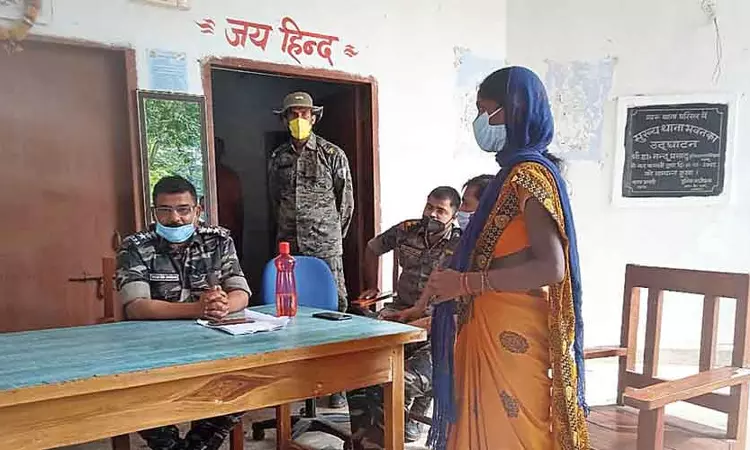2021 Police Firing: Jharkhand High Court Directs Fresh Probe Into Tribal's Death, Orders ₹5 Lakh Compensation To Widow
Bhavya Singh
22 Aug 2023 10:38 AM IST

Next Story
22 Aug 2023 10:38 AM IST
The Jharkhand High Court has directed the state police to re-investigate the matter of Brahmadev Singh’s killing, who was allegedly killed by security forces in Latehar district on the suspicion of being a Maoist in June, 2021. Apart from this, the court also directed to pay Rs 5 lakh as compensation to Singh’s family.The above order came from the bench of Justice Sanjay Kumar Dwivedi...
